UK’s unregulated pregnancy scan clinics putting lives in danger, say experts
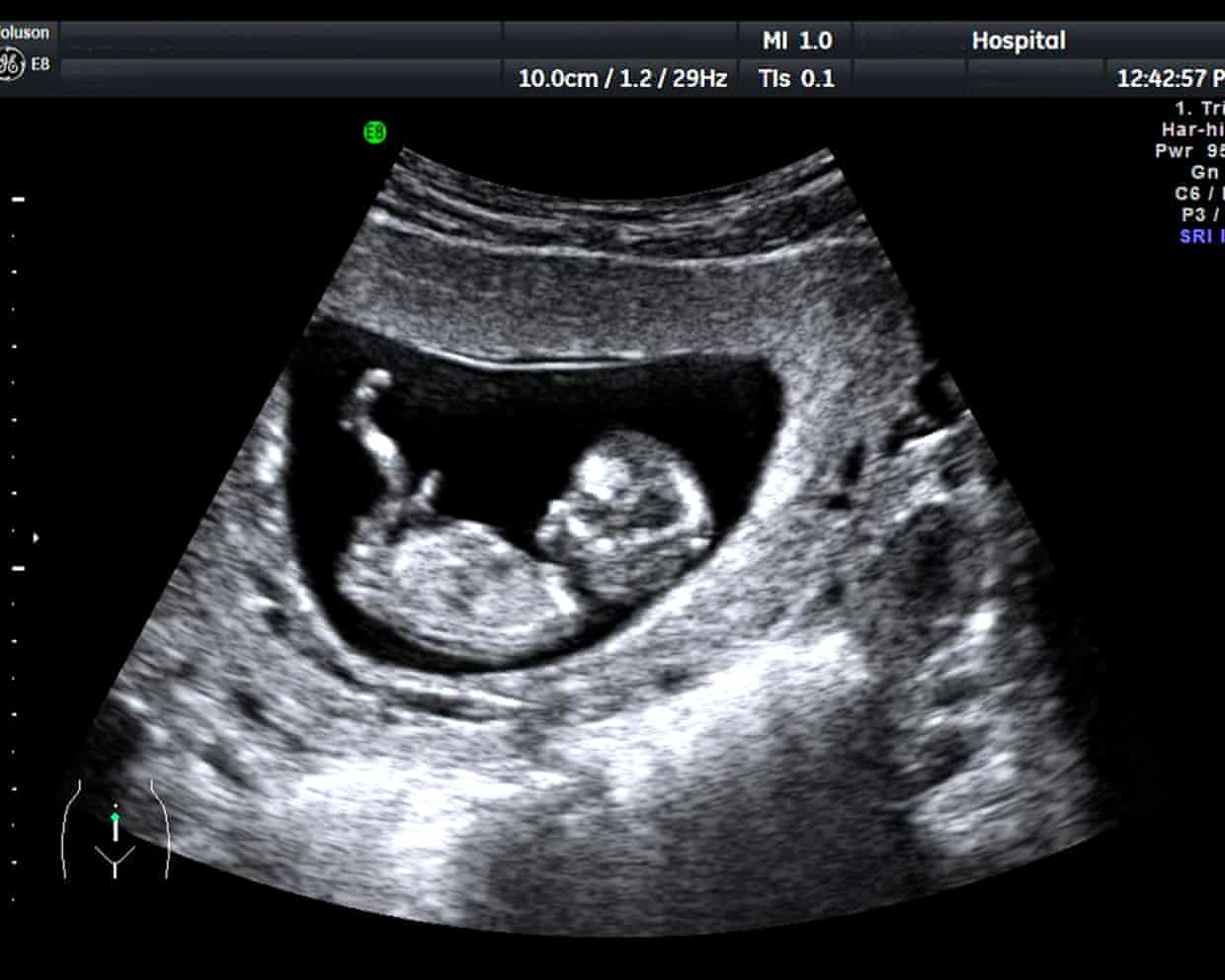
High street clinics offering pregnancy scans could be putting unborn babies and their mothers in danger through a lack of properly trained staff, UK experts have warned.According to the Society for Radiographers (SoR), high street clinics have seen a huge growth in numbers.However, hospital specialists say they have seen cases of missed health problems, misdiagnosed conditions, and situations in which women were erroneously told their babies were malformed or had died.“I had a lady referred for a potential miscarriage from a clinic and when I scanned her they’d measured a bleed in the womb and they completely missed a very early pregnancy sac with a baby inside it,” said Katie Thompson, a hospital sonographer and president of the SoR.“Potentially, if they were at a private clinic that could offer a miscarriage service, then they could have been given some medication to bring on a miscarriage on a pregnancy that was actually not miscarrying,” she said.
The SoR says it has also seen cases in which private clinics have wrongly told women they have an ectopic pregnancy – a potentially life-threatening condition – or conversely missed an ectopic pregnancy, while they have also misdiagnosed problems with the cervix and missed abnormalities in babies that should have been picked up,Elaine Brooks, a former hospital sonographer and Midlands regional officer for the SoR, said some people attended their 20-week hospital scan after having had a private “sexing” scan a week or two before,“And then they come for their NHS scan and there’s quite a large abnormality that should have been picked up – something like spina bifida, polycystic kidneys or fluid-filled ventricles in the head – things that you wouldn’t expect to have developed in a week,” she said,The revelations come amid calls from the SoR for sonographers to have a “protected” job title – meaning it can be used only by qualified practitioners registered with a regulatory body,This is already the case for titles such as radiographer, dietician and speech and language therapist.
“At the moment, absolutely anybody can go and buy an ultrasound machine and set up a practice without any qualifications whatsoever,And that has happened,” said Thompson,“There has been somebody that bought a machine and started scanning in her front room because after having a baby, she thought it’d be a nice thing to do,”Thompson said it was also possible for people who had been struck off a professional register to offer ultrasound scans in a private setting,The SoR said the Health and Care Professions Council had evidence of a sonographer who had been struck off the professional register for radiographers for 10 years for sexual misconduct and was later employed in a private ultrasound clinic.
Thompson said the lack of a professional register meant it was difficult to check if someone had had the appropriate training, but that there were some steps people could take,This includes checking how long a clinic has been operating, that it is not only registered with the Care Quality Commission (CQC) but has had a visit from them, and checking reviews,Thompson also suggested asking people such as midwives, friends, family, GPs and NHS sonographers for recommendations,“There are some excellent private clinics around that have fully qualified staff,” she said,The Department of Health and Social Care noted that while sonography was not a legally regulated profession, sonographers could voluntarily join the Register of Clinical Technologists, meaning patients can check whether they have met professional standards.
A Department of Health and Social Care spokesperson said: “No parent should face the trauma of an incorrect diagnosis, and our sympathies are with families affected.“We are committed to ensuring appropriate regulation for all health and care professions so patients can feel confident their care is in safe and qualified hands.“The regulation of healthcare professionals is kept under review to ensure patient safety remains paramount.We will carefully consider any proposals from professional bodies regarding this.”The best public interest journalism relies on first-hand accounts from people in the know.
If you have something to share on this subject, you can contact us confidentially using the following methods,Secure Messaging in the Guardian appThe Guardian app has a tool to send tips about stories,Messages are end to end encrypted and concealed within the routine activity that every Guardian mobile app performs,This prevents an observer from knowing that you are communicating with us at all, let alone what is being said,If you don't already have the Guardian app, download it (iOS/Android) and go to the menu.
Select ‘Secure Messaging’.SecureDrop, instant messengers, email, telephone and postIf you can safely use the Tor network without being observed or monitored, you can send messages and documents to the Guardian via our SecureDrop platform.Finally, our guide at theguardian.com/tips lists several ways to contact us securely, and discusses the pros and cons of each.

Pornography depicting strangulation to become criminal offence in the UK
Porn featuring strangulation or suffocation – often referred to as “choking” – is due to be criminalised, with a legal requirement placed on tech platforms to prevent UK users from seeing such material.Possessing or publishing porn featuring choking will become a criminal offence under amendments to the Crime and Policing bill tabled in parliament on Monday.In a separate amendment, victims of intimate image abuse will also have longer to come forward, with the time limit to prosecute extended from six months to three years.The government said this would help break down unnecessary barriers victims face when reporting a crime, “improving access to justice for those who need it the most”.The choking ban comes after a recommendation from a government review into pornography which found it has contributed to establishing strangulation as a “sexual norm”
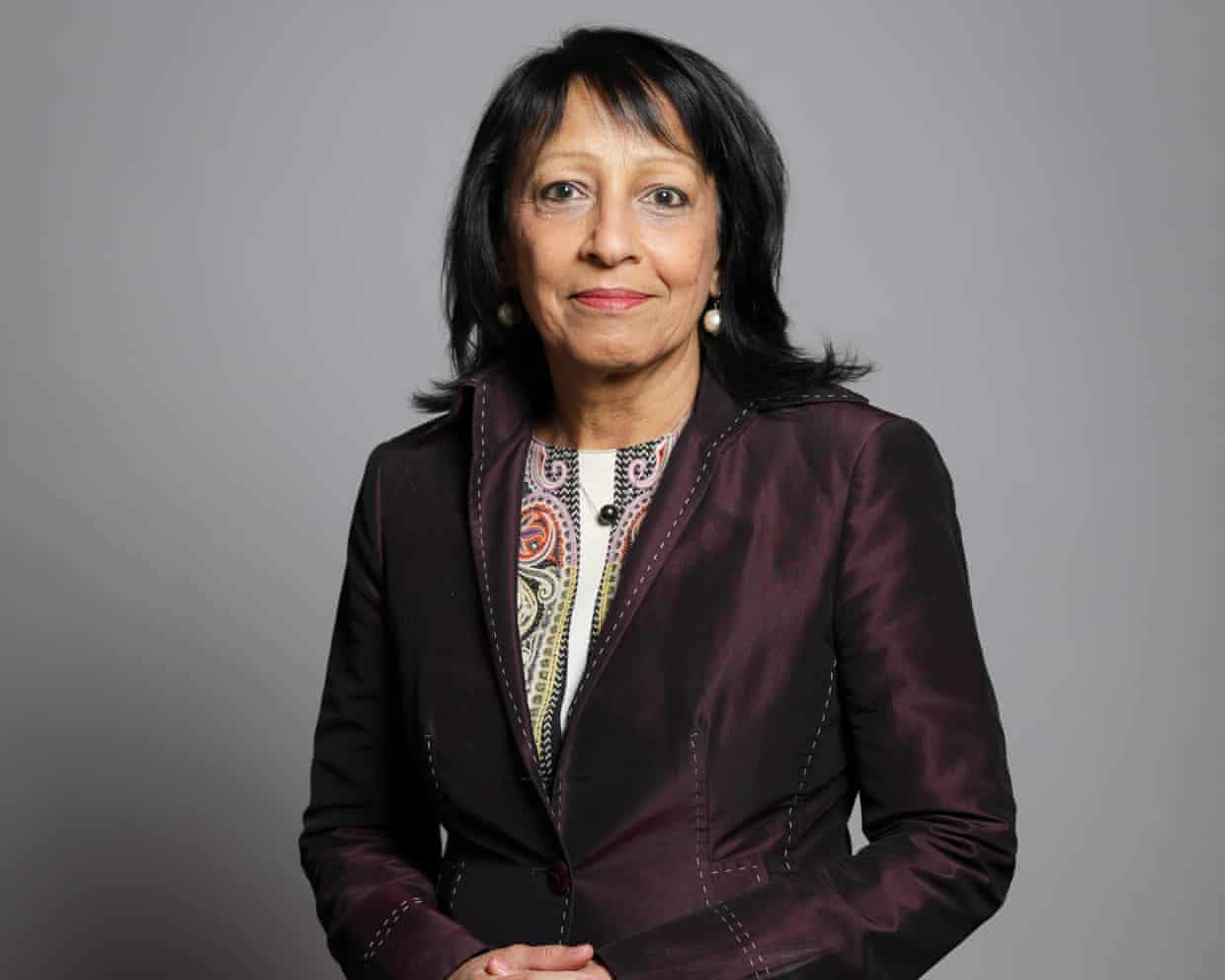
Equality commission’s guidance after sex ruling is fundamentally unworkable | Letter
Contrary to what Kishwer Falkner is suggesting (Letters, 28 October), MPs’ problem with the Equality and Human Rights Commission’s (EHRC) guidance was not that it failed to address every conceivable scenario, but that it set out fundamentally unworkable instructions to businesses that go far beyond what the supreme court actually ruled, and which places them at risk of costly litigation.Take the question of using a gendered bathroom – hardly a niche issue, given it is something most of us do on a daily basis. The EHRC’s guidance places the onus on businesses to police whether people are using a bathroom that corresponds with their sex assigned at birth.However, there is no practical way for businesses to know whether someone is transgender – based solely on their appearance – and challenging people risks humiliation for trans people and others whose appearance doesn’t neatly fit with society’s expectations. I have already heard appalling stories of women being aggressively challenged while waiting in a queue for the bathroom

Walking 3,000 or more steps a day may slow progression of Alzheimer’s, study says
Even modest amounts of daily exercise may slow the progression of Alzheimer’s disease in older people who are at risk of developing the condition, researchers have said.People are often encouraged to clock up 10,000 steps a day as part of a healthy routine, but scientists found 3,000 steps or more appeared to delay the brain changes and cognitive decline that Alzheimer’s patients experience.Results from the 14-year-long study showed cognitive decline was delayed by an average of three years in people who walked 3,000 to 5,000 steps a day, and by seven years in those who managed 5,000 to 7,000 steps daily.“We’re encouraging older people who are at risk of Alzheimer’s to consider making small changes to their activity levels, to build sustained habits that protect or benefit their brain and cognitive health,” said Dr Wai-Ying Yau, the first author on the study at Mass General Brigham hospital in Boston.Dementia affects an estimated 50 million people worldwide, with Alzheimer’s disease the most common cause

UK’s unregulated pregnancy scan clinics putting lives in danger, say experts
High street clinics offering pregnancy scans could be putting unborn babies and their mothers in danger through a lack of properly trained staff, UK experts have warned.According to the Society for Radiographers (SoR), high street clinics have seen a huge growth in numbers. However, hospital specialists say they have seen cases of missed health problems, misdiagnosed conditions, and situations in which women were erroneously told their babies were malformed or had died.“I had a lady referred for a potential miscarriage from a clinic and when I scanned her they’d measured a bleed in the womb and they completely missed a very early pregnancy sac with a baby inside it,” said Katie Thompson, a hospital sonographer and president of the SoR.“Potentially, if they were at a private clinic that could offer a miscarriage service, then they could have been given some medication to bring on a miscarriage on a pregnancy that was actually not miscarrying,” she said
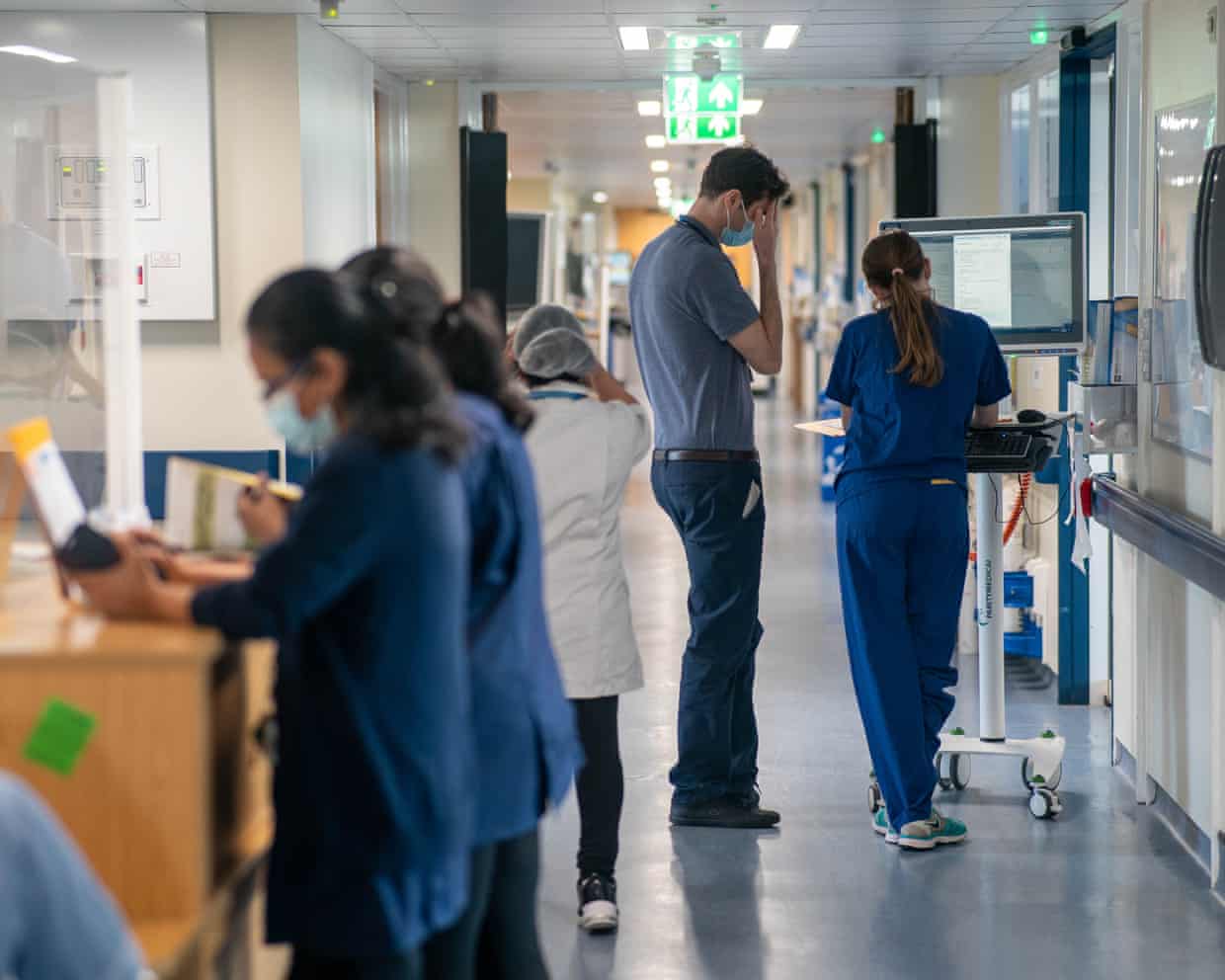
NHS hospitals to test AI tool that helps diagnose and treat prostate cancer
A tool that uses artificial intelligence to help diagnose men with prostate cancer and guide decisions about treatment is to be tested in NHS hospitals, researchers have announced.The £1.9m Vanguard Path study, funded by Prostate Cancer UK and led by researchers at the University of Oxford, is expected to last three years and will test an AI tool called the ArteraAI Prostate Biopsy Assay. In total, biopsies from more than 4,000 men will be used.The tool, which analyses digitised biopsy images to produce a personalised risk score, has already been shown in clinical trials to identify which men with high-risk prostate cancer would be most likely to benefit from the drug abiraterone
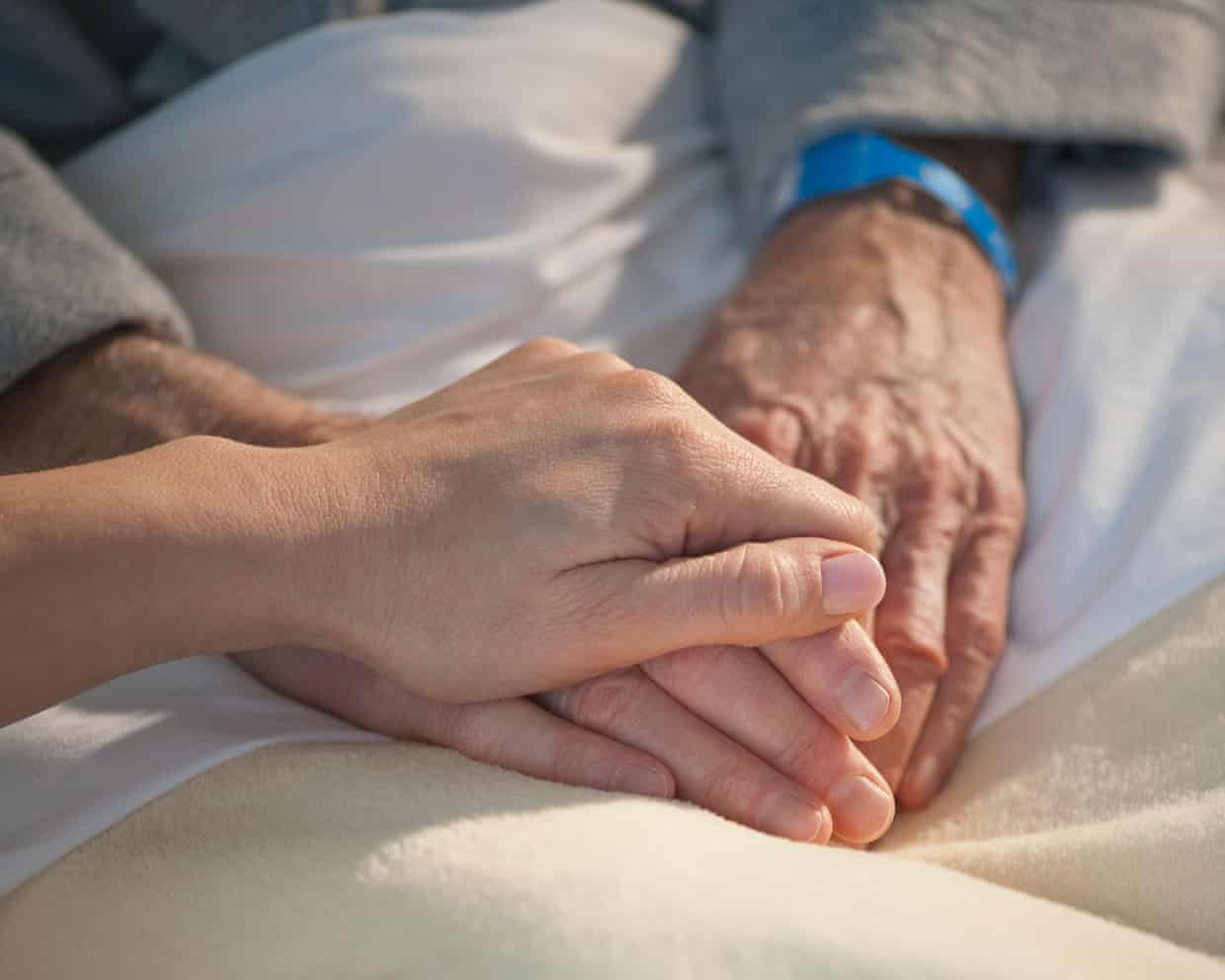
Why we must tackle the crisis in end-of-life care | Letters
Your editorial on hospices (29 October) was right to highlight the crisis in end-of-life care. As the National Audit Office’s report makes clear, unless urgent action is taken, the system will be overwhelmed. More than 5.75 million deaths are expected in the next decade, and over 5 million of those people will need palliative care. Too many face dying in avoidable pain, in poverty and alone
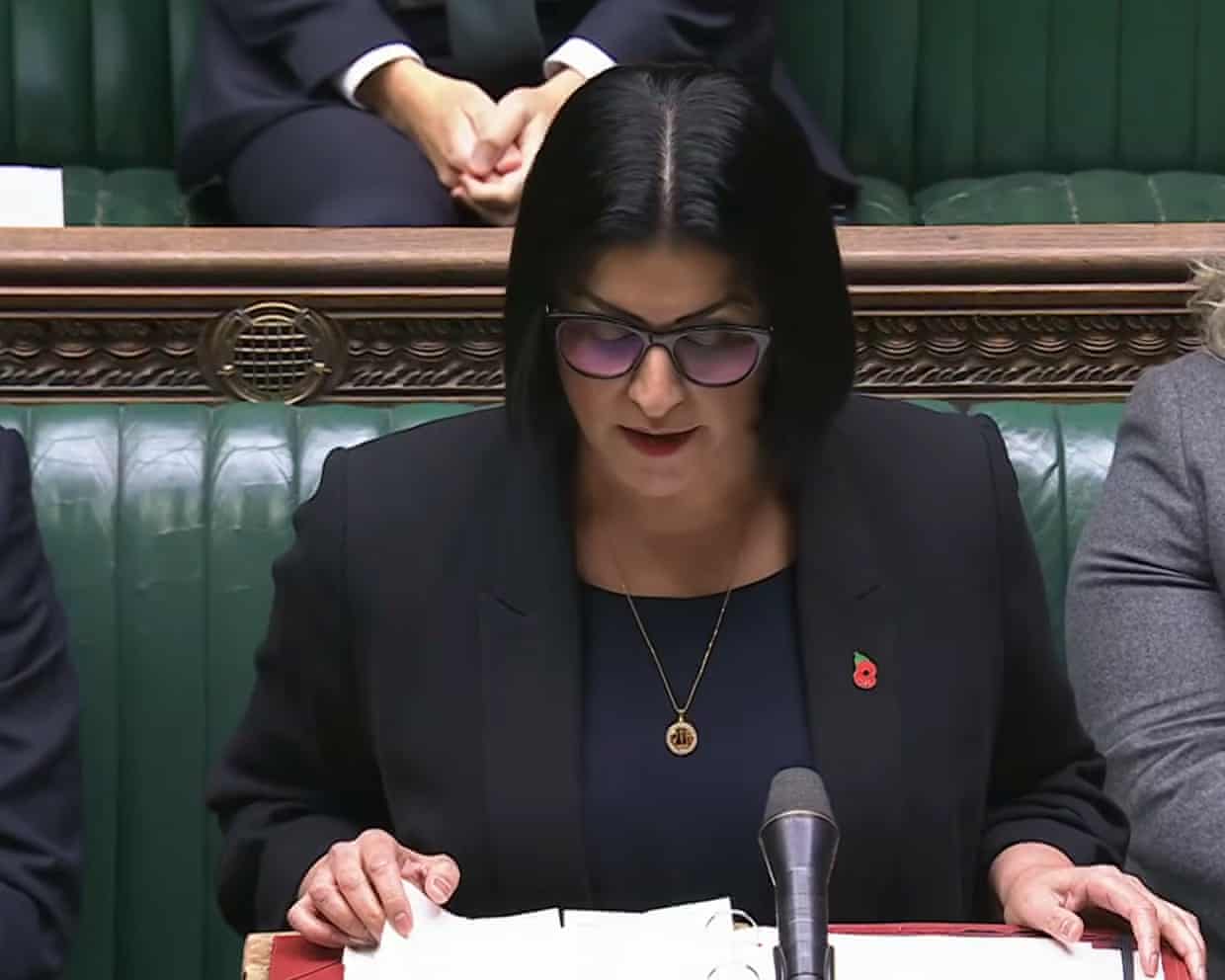
UK politics: MPs spar over response to Cambridgeshire train attack – as it happened

What would UK economic policy look like under Nigel Farage’s Reform?

Nigel Farage backtracks on Reform UK’s promise to cut £90bn of taxes

Nigel Farage to promise business deregulation in economic policy speech

Tory patience wears thin as Badenoch’s critics count down to May elections
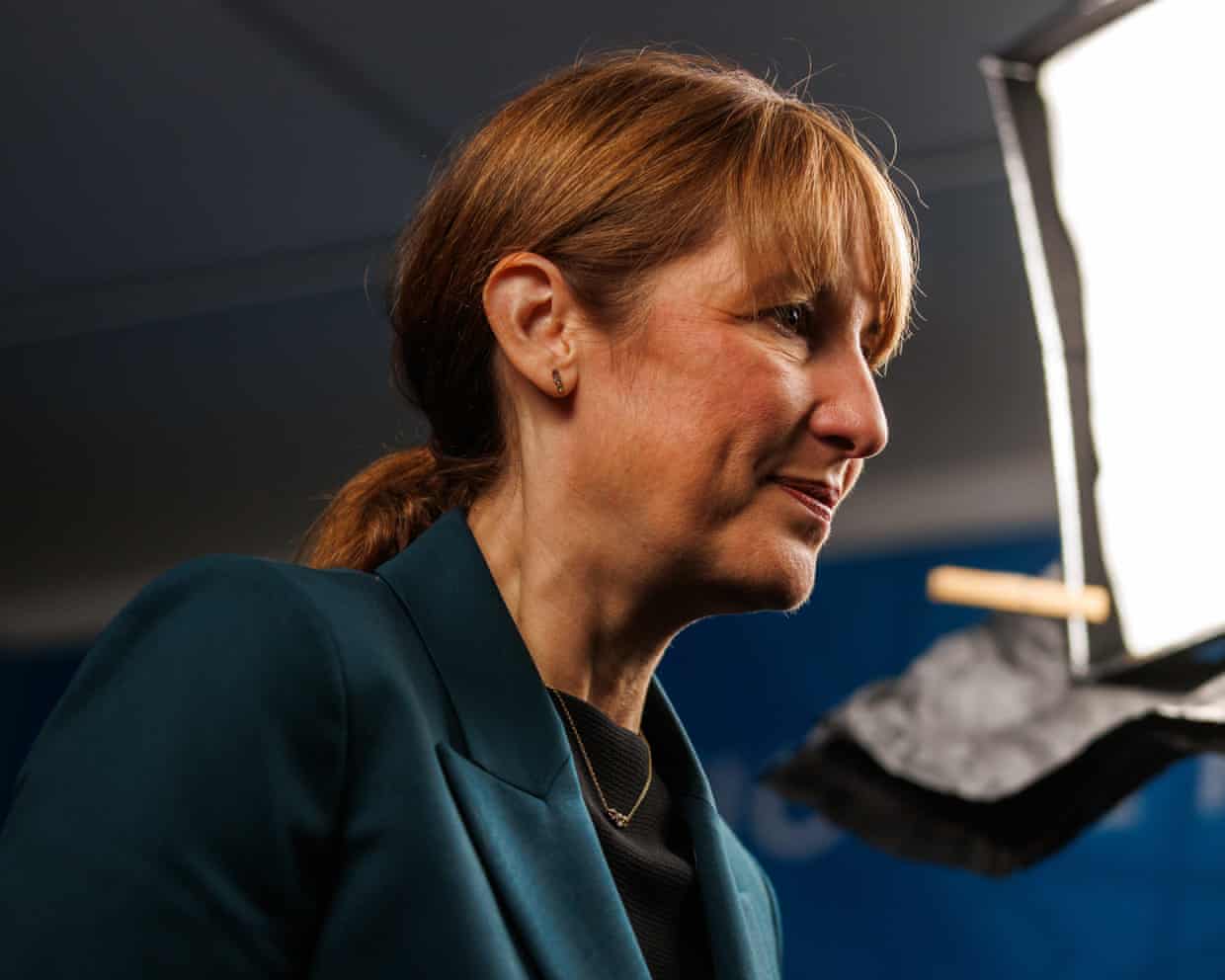
Rachel Reeves considers 20% tax on assets of people deciding to leave UK